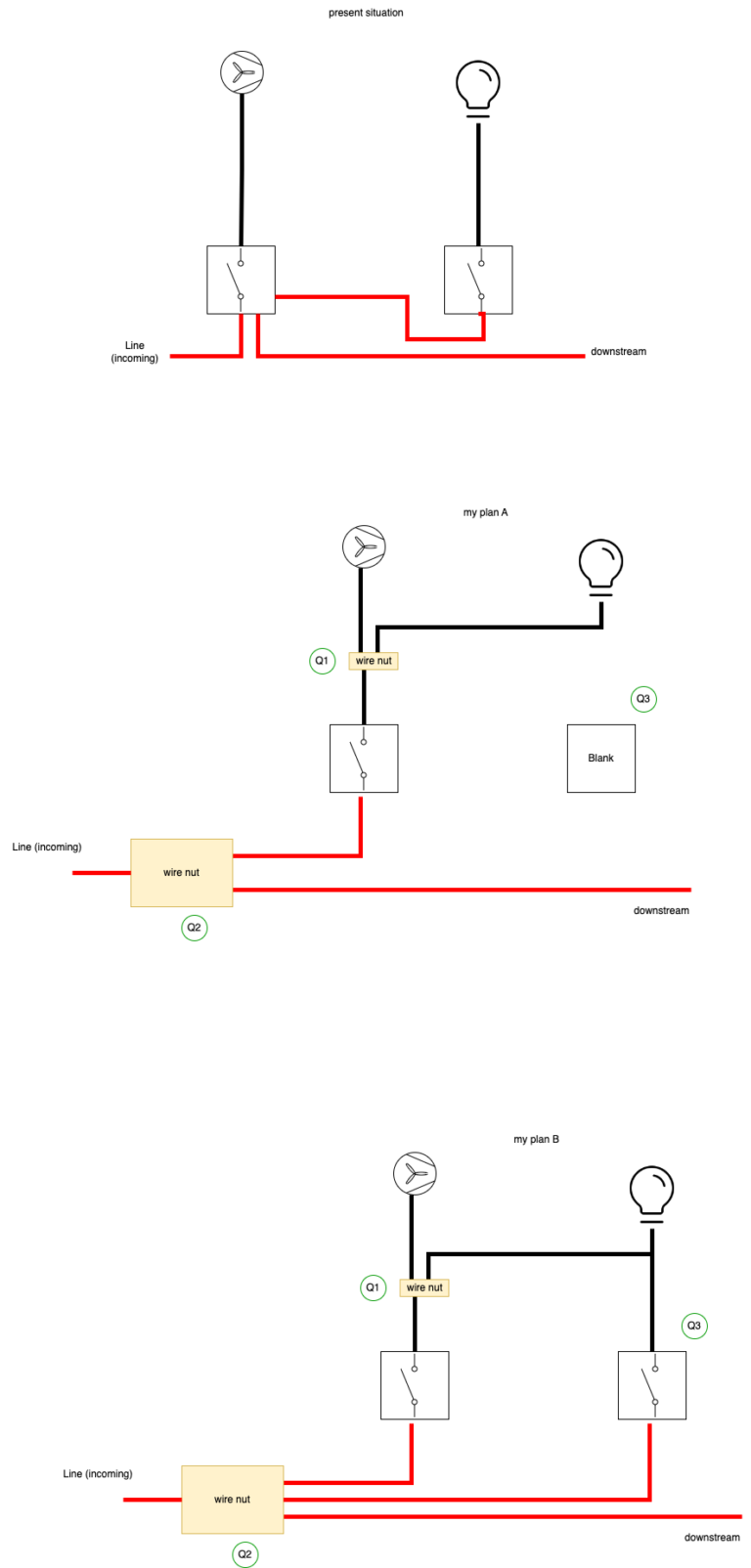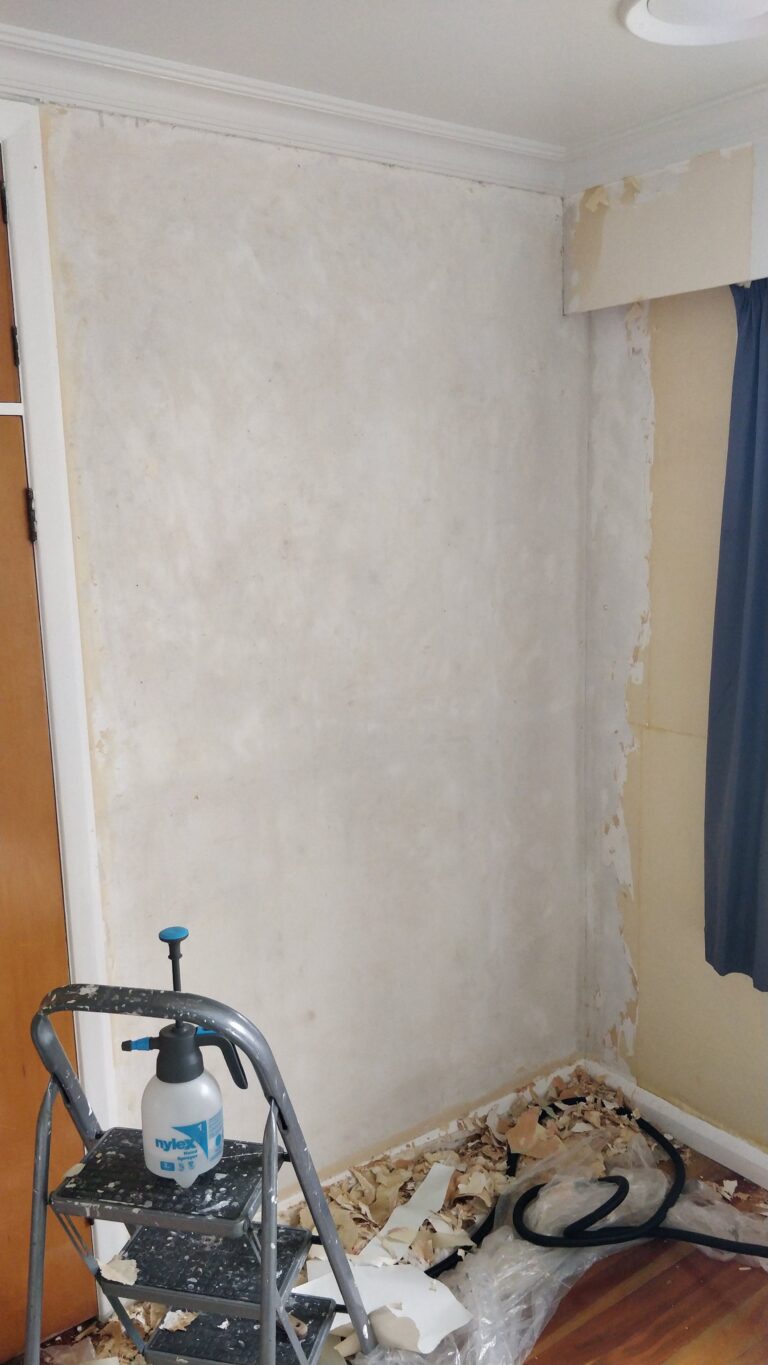Can You Put Spike Strips on Your Property: Legal and Safety Guide
No, you generally can’t put spike strips on your property. It’s often illegal and dangerous.
Imagine a world where you could protect your property with spike strips. Sounds like a perfect solution, right? But, it’s not that simple. Many places have laws against using such devices due to the risk they pose. Spike strips can harm people, animals, and vehicles.
This creates a big legal issue for property owners. In this blog, we will explore the legalities, risks, and alternative options. It’s important to know what you can and cannot do. Let’s dive into the details to ensure you stay on the right side of the law.

Credit: www.amazon.com
Legal Considerations
Deciding to place spike strips on your property might sound like a straightforward way to ward off unwanted visitors, but it comes with a range of legal considerations. Before you take any steps, it’s crucial to understand the legal landscape. Let’s break it down into two main parts: Local Laws and Property Rights.
Local Laws
First and foremost, you need to check the local regulations in your area. Every city, county, and state can have different rules regarding the use of deterrents like spike strips. Ignoring these laws can lead to fines or even legal action against you. Here are some steps to follow:
- Visit your city or county’s official website to find specific information.
- Contact local authorities or a legal professional to get advice.
- Check if there are any permits required for installation.
For example, in some areas, placing spike strips on public property or in a way that can harm someone can be illegal. Understanding these nuances can save you from potential legal headaches.
Property Rights
When it comes to your own property, you generally have more freedom, but this doesn’t mean you can do anything you want. Property rights allow you to protect your space, but there are limits:
- Ensure the spike strips are within your property boundaries.
- Consider the potential risks to mail carriers, delivery personnel, and innocent passersby.
- Think about the legal concept of “reasonable force” in protecting your property.
Let’s imagine a scenario: you place spike strips on your driveway to prevent trespassing. If a delivery driver gets injured, you could be held liable for damages. Always weigh the pros and cons carefully.
In conclusion, while it might be tempting to take drastic measures to protect your property, understanding the legal considerations is essential. By being informed and cautious, you can avoid unnecessary legal troubles and ensure that your actions are both effective and lawful.

Credit: www.kingcats-fence.com
Safety Concerns
Spike strips on your property might seem like a good idea for security. But there are important safety concerns to consider. These safety issues can affect not only trespassers but also innocent people and pets. Understanding these risks can help you make an informed decision.
Potential Injuries
Spike strips can cause serious injuries. People walking or driving over them might get hurt. Sharp spikes can puncture tires and cause accidents. Imagine someone falling or getting a deep cut. These injuries can be severe and may require medical attention. Pets can also get injured if they step on spike strips.
Liability Issues
Using spike strips can lead to legal problems. If someone gets hurt, you might be held responsible. Property owners can be sued for injuries caused by spike strips. This can result in costly legal fees and settlements. It’s important to think about the potential liability.
Installation Guidelines
Installing spike strips on your property requires careful planning. Proper installation ensures effectiveness and safety. The following guidelines will help you set up spike strips correctly.
Choosing The Right Location
First, identify areas where intruders might enter. Common spots include driveways, fences, and windows. Choose locations that are less visible to avoid tampering. Ensure the area is your private property to avoid legal issues.
Proper Installation Techniques
Use protective gloves to handle spike strips. Position the strips with the spikes facing up. Secure them firmly to the ground or surface. Check that the strips are stable and cannot be easily moved. Place warning signs to inform people about the spike strips. Regularly inspect the strips for any damage or displacement. Maintain the strips to keep them effective.
Alternatives To Spike Strips
Using spike strips to protect your property might seem effective. But they come with legal and safety concerns. Fortunately, there are safer and more effective alternatives. These alternatives can keep unwanted visitors away while ensuring the safety of everyone.
Security Cameras
Security cameras are a great alternative to spike strips. They provide a visible deterrent to trespassers. Cameras can capture video evidence in case of an incident. Modern security cameras offer features like night vision and motion detection. You can monitor your property in real-time from your smartphone. This provides peace of mind and enhances property security.
Fencing Options
Fencing is another effective alternative to spike strips. There are various types of fences to choose from. Chain-link fences are durable and cost-effective. Wooden fences offer privacy and a natural look. Electric fences can deliver a mild shock to deter intruders. Adding a fence can clearly define property boundaries. Fences act as a physical barrier, making it harder to trespass.
Real-life Case Studies
Thinking about putting spike strips on your property? Maybe you’re concerned about security or just tired of unwanted visitors. Before you make a decision, it’s helpful to look at some real-life examples. These case studies can show you the pros and cons of using spike strips. So, let’s dive into some stories from people who have been in your shoes.
Successful Uses
There are many instances where spike strips have been used successfully. For example, John from Texas installed spike strips on his driveway. He was dealing with a lot of trespassers and wanted a solution. John found that the spike strips worked like a charm. He noticed fewer cars coming onto his property and felt much safer.
Another case is Emma from Florida. She lives in a neighborhood with frequent break-ins. After installing spike strips, Emma saw a significant drop in suspicious activity around her house. The spike strips gave her peace of mind and a better sense of security.
Legal Consequences
On the flip side, there are legal issues to consider. Unfortunately, not everyone has a positive experience. Take Sarah from California, for example. She installed spike strips to stop people from using her private road. However, she ended up facing a lawsuit when someone damaged their car. The court ruled against Sarah, saying the spike strips were a hazard.
In another case, Robert from New York used spike strips to protect his parking space. He thought it was a smart move until he received a fine from the city. The local laws didn’t allow such measures, and Robert had to pay a hefty penalty.
These examples show that while spike strips can be effective, they can also lead to legal trouble. It’s crucial to check your local laws before installing them.
In summary, real-life case studies offer valuable insights. Some people have found success with spike strips, while others have faced legal problems. Weigh the pros and cons carefully to make an informed decision. And remember, always check your local regulations first!
Expert Opinions
When it comes to protecting your property, many of us think about fences, security cameras, and alarm systems. But what about spike strips? While they might seem like a surefire way to keep unwanted visitors out, the use of spike strips on private property is a topic surrounded by a variety of expert opinions. In this section, we will delve into the insights provided by law enforcement and legal experts.
Law Enforcement Views
Law enforcement officials often have strong opinions on the use of spike strips by private citizens. On one hand, they understand the desire for homeowners to protect their property. However, they also worry about the potential dangers and legal ramifications.
- Safety Concerns: Spike strips are designed to stop vehicles abruptly. This can be very dangerous, causing accidents and injuries. Law enforcement officials are trained to use them in very controlled situations, where risks are minimized.
- Public Safety: There is a concern that improperly placed spike strips could harm innocent passersby, including pedestrians and cyclists. This raises questions about the balance between property protection and public safety.
Some police officers suggest using alternative methods, such as better lighting and surveillance, to deter trespassers without putting anyone at risk.
Legal Expert Insights
Legal experts weigh in on the issue from a different perspective. They look at the legality and potential liabilities involved with using spike strips on private property.
- Legality: In many places, it is illegal for private citizens to use spike strips. This is because they are considered a hazardous device. If caught using them, homeowners could face fines or even criminal charges.
- Liability: Even if it is legal in some areas, homeowners could still be held liable for any injuries or damages caused by the spike strips. This includes injuries to trespassers, which can lead to expensive lawsuits.
One legal expert shared a story about a homeowner who used spike strips to protect his driveway. Unfortunately, a delivery driver was injured, and the homeowner ended up facing a lawsuit that cost him thousands of dollars. This is a cautionary tale that underscores the importance of considering all legal implications.
In conclusion, while the idea of using spike strips on your property might seem like a good deterrent, both law enforcement and legal experts advise against it. They recommend safer and more legally sound alternatives to protect your home and loved ones. After all, peace of mind shouldn’t come at the cost of safety and legal trouble.

Credit: drivewayspikes.com
Frequently Asked Questions
Are Spike Traps Illegal?
Spike traps are illegal in many areas. They pose serious safety risks and can cause harm to people and vehicles. Always check local laws before considering their use.
Are Spikes On Your Tires Legal?
Tire spikes legality varies by location. Check local laws to ensure compliance. Some places ban them for safety reasons.
Are Police Spike Strips Reusable?
Yes, police spike strips are reusable. They can be reset and deployed multiple times, depending on the damage.
Are Spike Strips Safe?
Spike strips can be dangerous. They are designed to puncture tires, potentially causing accidents or injuries. Proper training is essential for safe usage.
Conclusion
Weigh the pros and cons before installing spike strips on your property. Safety and legality are key considerations. Understand local laws to avoid potential legal issues. Consider alternatives like security cameras or better lighting. These options can enhance security without risks.
Always prioritize safety and legal compliance. Making informed decisions ensures you protect your property effectively.

My name is Maria, A professional merge game player with years of experience mastering games like Merge Dragons, Merge Gardens, Merge Mansion, and more. My passion for uncovering the best strategies, solving tricky puzzles, and discovering hidden secrets led her to create MergeGameplay.com.





